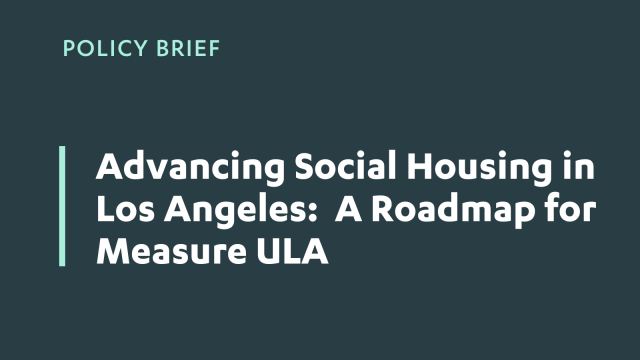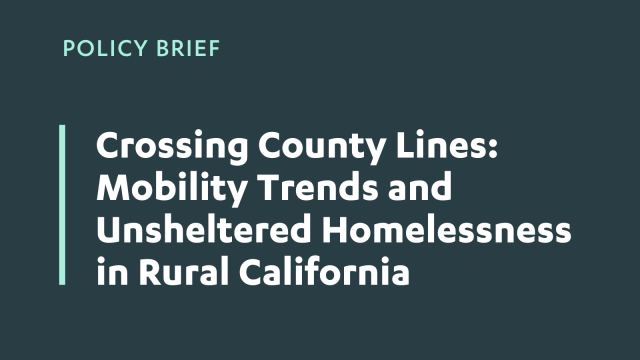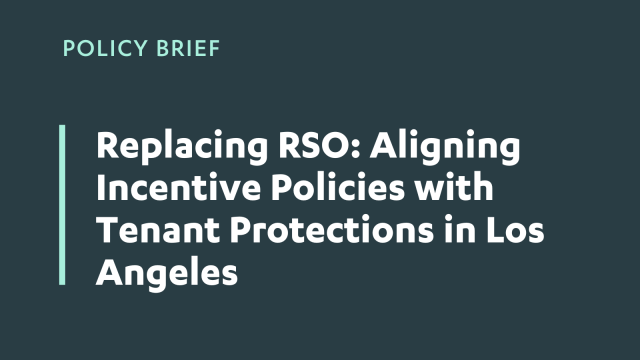Modeling Inclusionary Zoning’s Impact on Housing Production in Los Angeles: Tradeoffs and Policy Implications
A new report, authored by Shane Phillips at the UCLA Lewis Center for Regional Policy Studies and published by the Terner Center, explores the impacts of Inclusionary Zoning (IZ) on housing production and affordability, with a focus on Los Angeles’ Transit Oriented Communities (TOC) program. LA’s TOC program was implemented beginning in 2017 with a goal of boosting housing production, including below-market rate units, near bus and train stations.
IZ policies incentivize or mandate developers to include a percentage of below-market-rate units in new housing construction. Using the Terner Housing Policy Simulator, the analysis shows that LA’s TOC program has likely boosted below-market-rate homes with minimal negative consequences for overall housing production. However, increasing the required percentage of below-market-rate units under IZ policy beyond what is financially feasible could sharply reduce overall housing production, with declining benefits for overall affordability.
Beyond the Los Angeles specific context, the analysis lifts up the important tradeoffs policymakers should consider when setting the requirements of IZ policies.



